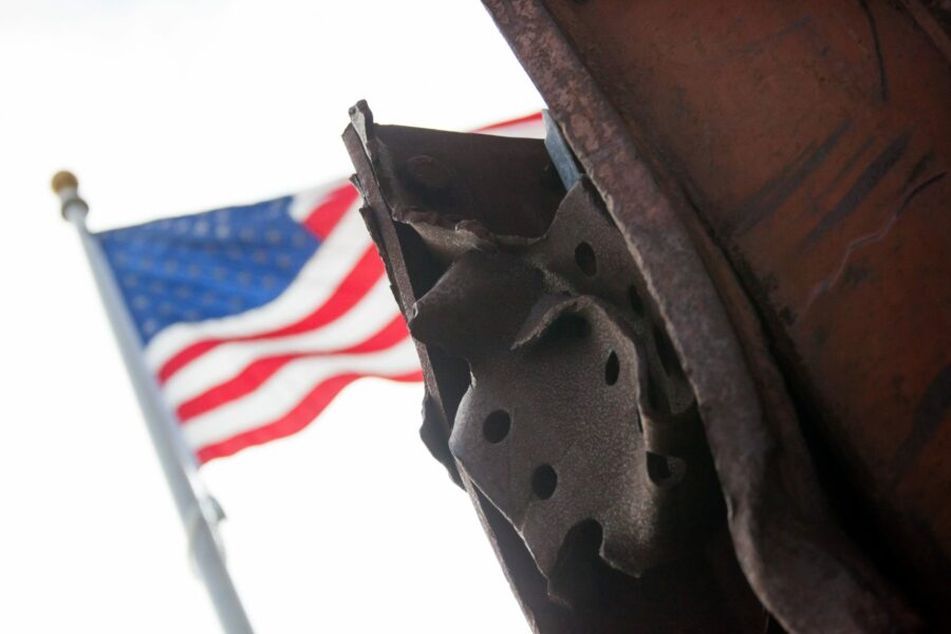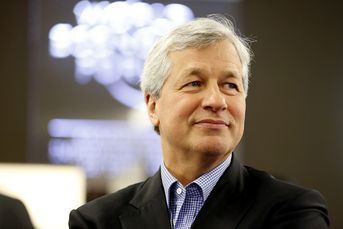20 years of resilience

The financial sector is in a much better place than it was 20 years ago, thanks to proactive safeguards that were put in place to protect the assets of millions of investors in the wake of the 9/11 attacks.
Twenty years is a long time. This fall’s class of first-year college students, for instance, weren’t yet born when hijacked planes struck the World Trade Center in New York City, hit the Pentagon in Washington, D.C., and crashed into a field in Pennsylvania on Sept. 11, 2001.
But those of us who can recall that day remember it vividly: where we were, what we were doing, what we saw, heard and felt. And as was the case with previous days of infamy — Dec. 7, 1941, and Nov. 22, 1963 — our world view and behavior was indelibly changed by that event.
In this week’s issue, InvestmentNews presents a series of articles that reflect on the changes to the financial services industry wrought by 9/11. In every case, the team found that the industry has been proactive about safeguarding itself and the assets of millions of investors and clients against another such attack.
Mark Schoeff Jr. outlines the steps taken to defend against the new and different forms a future attack might take (page 12), and he describes how financial firms have dispersed key operations geographically and built in redundancies for electric power and telecommunications. Even the Federal Reserve now practices crisis response to ensure that money flows where it’s needed.
Nicole Casperson’s sources reveal what the industry can learn from following the example of emergency responders like firefighters and the military — experts who train every day for what they call mass casualty events.
Bruce Kelly explains how 9/11 prompted a slow-moving, but ongoing, diaspora that has spread the industry geographically in the ensuing years as firms shifted away from Lower Manhattan and into regions that some readers may find surprising.
And Emile Hallez looks at how regulators and the retirement plan industry have worked together to shore up assets and strengthen the systems that run them (page 13), from the Department of Labor issuing cybersecurity tips for plan service providers, sponsors and participants to partnerships within the industry that established the Retirement Industry Council.
“The financial sector has had an amazing ability to be resilient and recover,” John Torres of Guidepost Solutions told Mark Schoeff Jr. “For the most part, the financial sector is in a much better place than it was 20 years ago.”
We know how the stock market has fared in the past 20 years, and to Torres’ point, there’s been a corresponding boom among registered investment advisers. According to data compiled by InvestmentNews Research analyst Devin McGinley (Aug. 9 issue), the number of billion-dollar-plus mega RIAs has exploded in just the past two years; hundreds of firms of that size exist today versus just a handful at the turn of the century.
Even the Covid-19 pandemic hasn’t slowed the industry down — which is a testament to the diligence of the industry and the government, and the precautionary steps taken to safeguard trillions of dollars in assets from threats no one could have anticipated just a few years ago, let alone 20 years ago.
While reflecting on and honoring those who were lost that fateful day, it’s also a good time to appreciate the ways in which we’ve grown as a society, as an industry and as a nation, and to give credit to the hard work and diligence that have kept us safe.
Learn more about reprints and licensing for this article.







